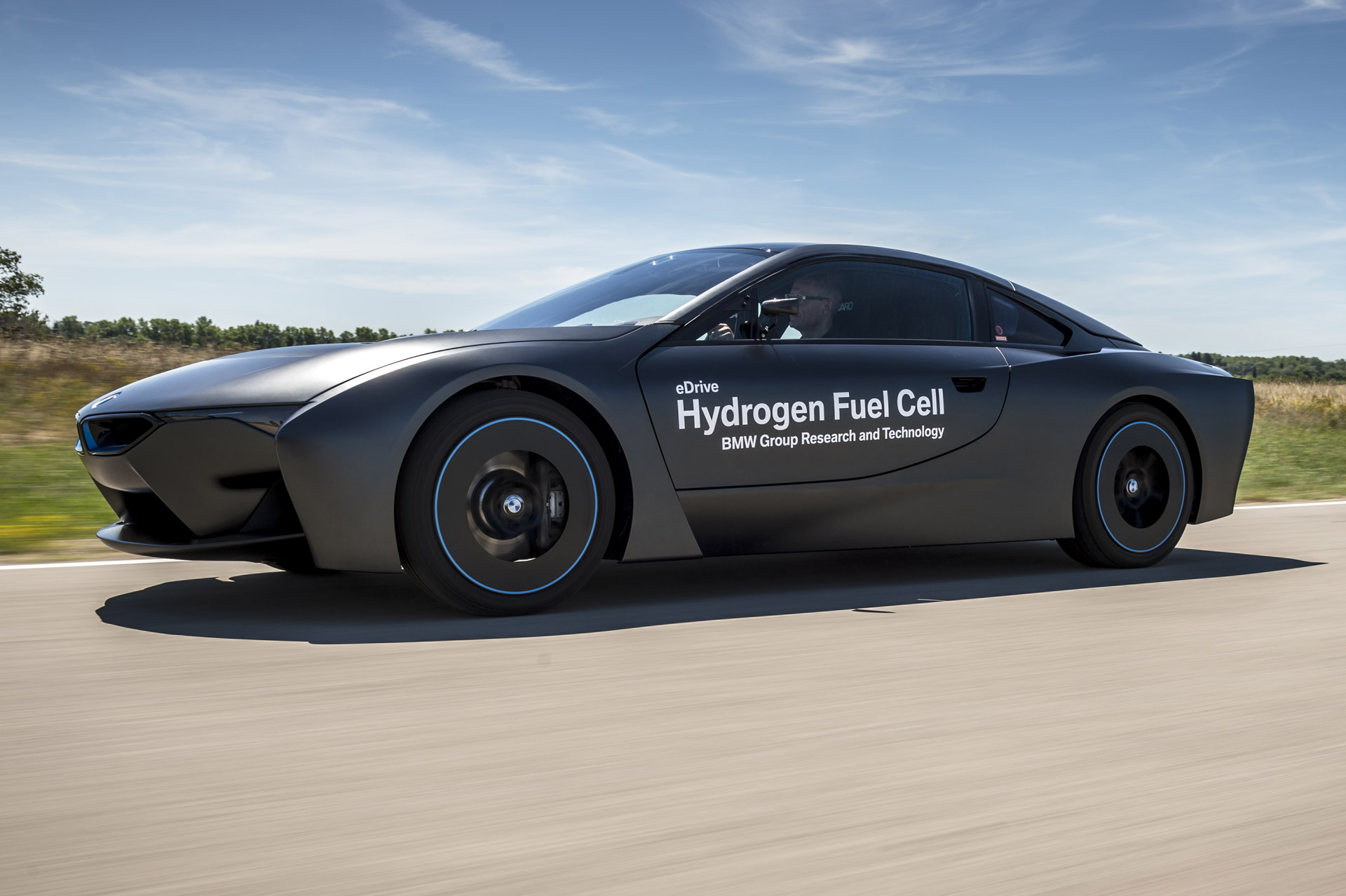Future Of Hydrogen-Powered Vehicles
Contents
Overview of Hydrogen-Powered Autos
Hydrogen-powered automobiles make the most of hydrogen fuel as a gasoline supply to generate electrical energy, which then propels the car. That is achieved by way of using hydrogen gasoline cells, which chemically convert hydrogen fuel and oxygen into electrical energy, producing solely water vapor as a byproduct. The method is environmentally pleasant and gives a promising different to conventional gasoline-powered automobiles.
How Hydrogen Gasoline Cells Work
Hydrogen gasoline cells work by separating hydrogen atoms into protons and electrons. The protons go by way of a membrane, whereas the electrons are compelled by way of an exterior circuit, creating an electrical present that powers the car’s motor. The mixture of hydrogen and oxygen within the gasoline cell generates electrical energy, which is used to drive the car.
Advantages of Utilizing Hydrogen as a Gasoline Supply, Way forward for hydrogen-powered automobiles
Utilizing hydrogen as a gasoline supply for automobiles gives a number of benefits, together with zero emissions of greenhouse gases and pollution. Hydrogen is ample and might be produced utilizing renewable power sources, making it a sustainable possibility for lowering carbon emissions. Moreover, hydrogen gasoline cells are extremely environment friendly, offering longer driving ranges and quicker refueling occasions in comparison with electrical automobiles.
Present Standing of Hydrogen-Powered Autos
The market penetration of hydrogen-powered automobiles is step by step rising, with automakers comparable to Toyota, Honda, and Hyundai main the best way in producing hydrogen gasoline cell automobiles. Nevertheless, the adoption of those automobiles continues to be restricted because of the excessive prices of manufacturing and the shortage of a complete hydrogen refueling infrastructure.
Automakers Producing Hydrogen Gasoline Cell Autos
Toyota’s Mirai, Honda’s Readability Gasoline Cell, and Hyundai’s Nexo are examples of hydrogen gasoline cell automobiles at present accessible available in the market. These automobiles provide zero-emission driving and aggressive efficiency in comparison with conventional gasoline-powered automobiles.
Challenges Dealing with Widespread Adoption
Regardless of technological developments, the widespread adoption of hydrogen-powered automobiles faces challenges such because the excessive price of gasoline cell manufacturing, restricted hydrogen refueling stations, and the necessity for elevated funding in infrastructure improvement. Overcoming these limitations is essential for the profitable integration of hydrogen-powered automobiles into the mainstream market.
Technological Developments in Hydrogen-Powered Autos
Current developments in hydrogen gasoline cell know-how have improved the effectivity and efficiency of hydrogen-powered automobiles. Improvements comparable to elevated gasoline cell sturdiness, enhanced power storage capability, and decreased prices are making hydrogen-powered automobiles extra sensible and accessible to customers.
Effectivity and Efficiency Comparability

Hydrogen-powered automobiles provide comparable effectivity and efficiency to conventional gasoline automobiles, with the additional advantage of zero emissions. Moreover, hydrogen gasoline cell know-how is repeatedly evolving to handle considerations relating to driving vary, refueling infrastructure, and cost-effectiveness, making it a promising different for sustainable transportation.
Infrastructure for Hydrogen-Powered Autos: Future Of Hydrogen-powered Autos
The present infrastructure for hydrogen refueling stations is restricted however rising, with initiatives and investments aimed toward increasing the community of refueling stations. Constructing a complete hydrogen refueling infrastructure is crucial for rising the adoption of hydrogen-powered automobiles and overcoming challenges associated to accessibility and comfort.
Way forward for hydrogen-powered automobiles – With regards to electrical automobiles, it is essential to grasp the important auto components that make them run easily. From the battery pack to the electrical motor, every part performs a significant function in powering these eco-friendly automobiles. If you wish to study extra concerning the must-have auto components for electrical automobiles, take a look at this informative article on Essential auto parts for electric vehicles.
With regards to electrical automobiles, understanding the important auto components is essential for upkeep and efficiency. From the battery pack to the electrical motor, every part performs a significant function in powering the car. To study extra about the important thing auto components for electrical automobiles, take a look at this informative article on Essential auto parts for electric vehicles.

